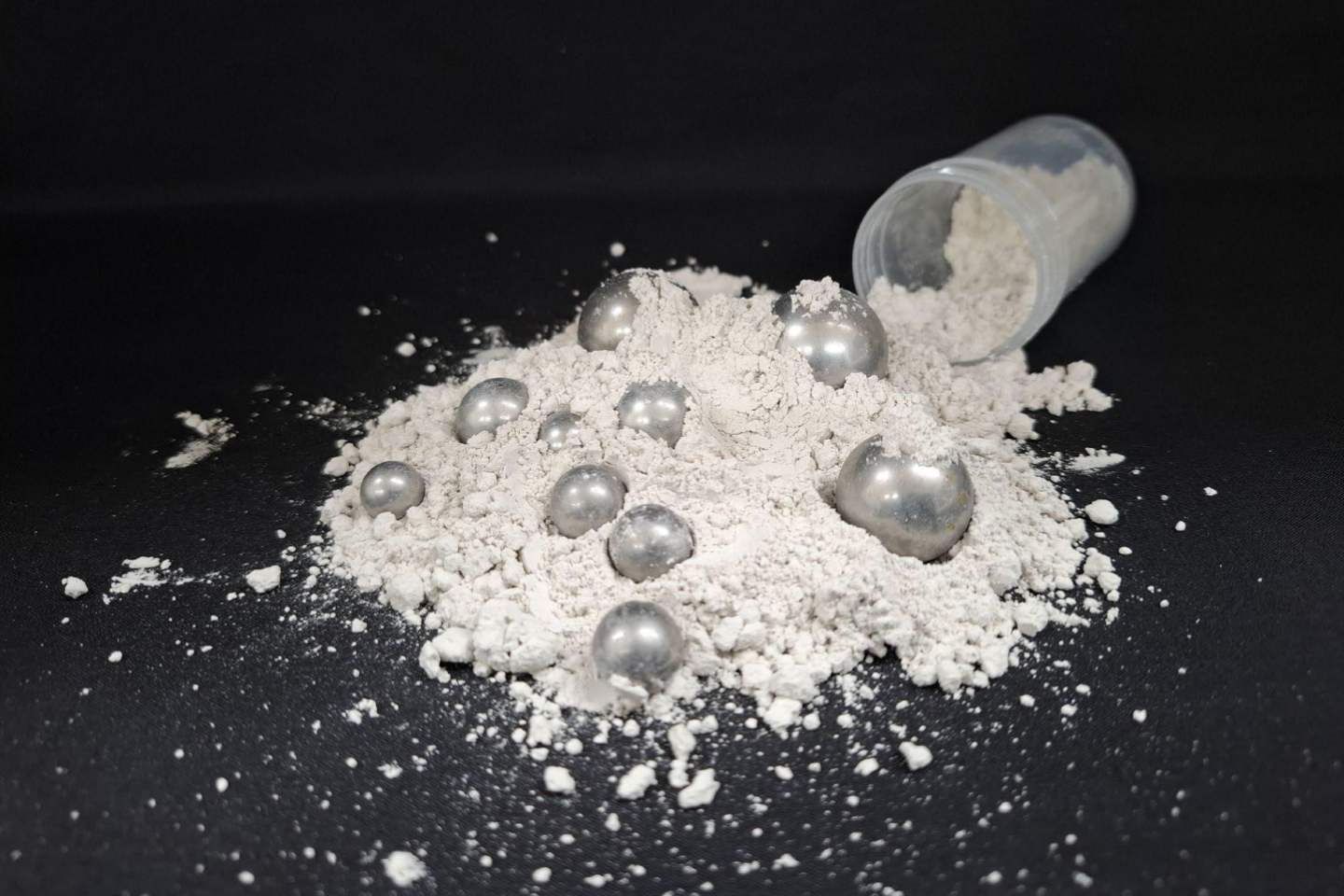ABx Group has confirmed that its “Alcore” technology has delivered its best fluorine recovery result to date, returning 93 per cent in testwork at its Technology Centre on the NSW Central Coast – increasing the company’s confidence in the commercial viability of the process. Management says detailed experimental work and an in-depth knowledge of the relevant process underpinned the impressive result.


ABx Group has confirmed that its “Alcore” technology has delivered its best fluorine recovery result to date, returning 93 per cent in testwork at its Technology Centre on the NSW Central Coast – increasing the company’s confidence in the commercial viability of the process.
Management says detailed experimental work and an indepth knowledge of the relevant process underpinned the impressive result. It is another record result from independent analysis of samples produced in ABx’s latest test runs with its 83 per cent-owned Alcore bath pilot batch reactor.
The reactor is designed to recover fluorine from “excess bath”, which is waste from the aluminium smelting process, to produce hydrogen fluoride. Since the commissioning of the reactor, the company has conducted many test runs involving about a 10kg combination of bath and sulfuric acid.
The recovery process has continued to improve, from a maximum of 80 per cent in a single initial stage, which was followed by 88 per cent with further processing.
Using data analysis and its detailed process knowledge, the company designed a comprehensive experimental work program using available equipment to imitate the proposed second-stage performance – returning the 93 per cent recovery. Management believes the level of recovery would most likely suffice if achieved in a commercial plant operation.
ABx Group managing director and chief executive officer Dr Mark Cooksey said: “Achieving over 90% fluorine recovery in the latest test runs is a significant breakthrough for ALCORE, and is a result of the sustained, high-level chemical engineering development conducted by the team. The results give us even more confidence that the process will perform as planned at commercial scale.”
Management now plans to progress studies on useable applications and how best to refine the processing of the solid material.
At a commercial level, a portion of hydrogen fluoride is further processed via an existing process to produce aluminium fluoride – a high-value chemical essential for use in aluminium smelting. The product is currently fully imported, providing an opportunity for ABx’s technology to help meet local demand.
The company says the next steps are to refine the reactor design and fine-tune its operating conditions. It anticipates an even higher conversion level once a sizeable continuous plant with optimal equipment design is in operation.
ABx also has one of Australia’s few truly ionic-clay rare earths deposits on its hands, with its Deep Leads-Rubble Mound project in northern Tasmania. The company recently upgraded its mineral resource at the project to 89 million tonnes at 844 parts per million total rare earth oxides (TREO) resulting from 3843 assays sampled from 895 drillholes.
The project contains mineralisation enriched in the valuable heavy rare earths, dysprosium and terbium. The company says the results prove the site that sits 45km west of Launceston retains the highest proportion of the two elements of any clay-hosted rare earths resource in Australia.
Management says the dysprosium-terbium levels average about 4.5 per cent of the TREO and believes ratios above 5 per cent are rare anywhere in the world, making the resource a valuable source of heavy rare earths. An added benefit to the resource is the low level of thorium and uranium.
ABx’s rare earths deposits are within accessible pine plantations and near major infrastructure such as highways, rail lines, airports, international shipping ports, grid hydropower and cities with engineering capabilities and a mining-ready workforce.
The company will be keen to stretch its recovery process towards the maximum range possible and avail itself of the opportunity to supply the sizeable smelting industry with its much-needed aluminium fluoride product.
Is your ASX-listed company doing something interesting? Contact: matt.birney@businessnews.com.au












